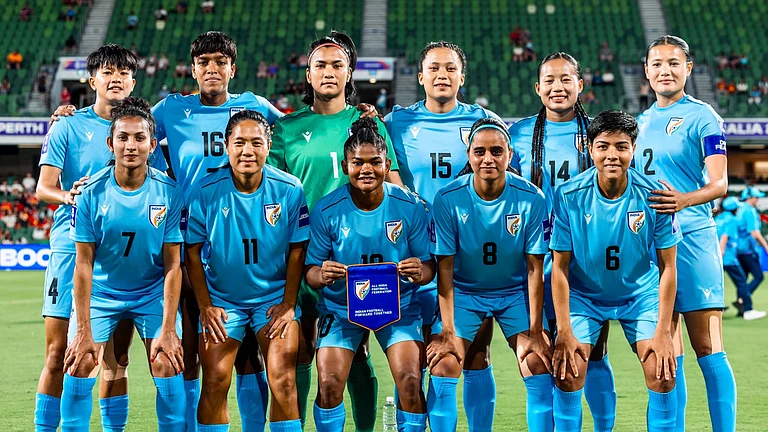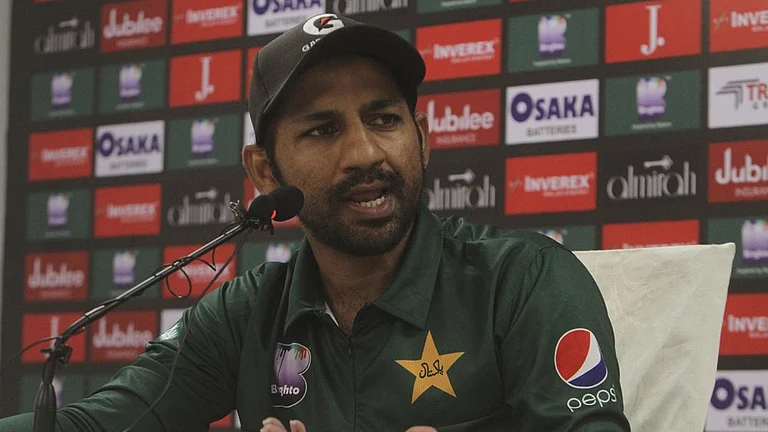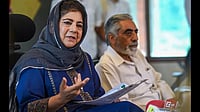The Delhi High Court was told on Wednesday that retaining the marital rape exception will nullify the object behind rape law as it takes away the right of a married woman to say no.
Counsel appearing for petitioners NGOs RIT Foundation and All India Democratic Women's Association argued that the exception, which is rooted in fiction, takes away a class of humans i.e. husbands of adult wives out of the ambit of the offence of rape, and the same cannot be permitted.
Lawyer Karuna Nundy, appearing for the petitioner NGOs, contended that the marital rape exception placed “privacy of marriage as object above privacy of an individual within the marriage” which violates several fundamental rights guaranteed to a married woman including Articles 15 and 19(1)(a) of the Constitution.
“Exception curtails a woman's freedom to sexual expression. A woman is not allowed to say whether or not she wants to have sex with her husband. Not only does it not recognise the right of a married woman to say no, it takes away her ability to say a joyful yes. A wife's consent and desire are reduced to a nullity,” the lawyer stated.
“The object of rape laws is to ensure that women are not raped or in other words, the law states that no man can force a woman to have sex with him against her will or consent. Retaining the exception would be destructive to and nullify the object of rape law… No man but a woman's husband can force her to have sex with him against her will or consent,” she added.
A bench of Justices Rajiv Shakdher and C Hari Shankar was hearing a batch of petitions to strike down the exemption from prosecution for the offence of rape granted to husbands under the Indian Penal Code.
Nundy contended that striking down the exception offence would not create a new offence but only create a new class of offenders and the existence of a high mandatory minimum cannot be a reason for the court to not strike down an unconstitutional act.
The lawyer also said that there is no compelling state interest in protecting the institution of marriage and the exception cannot be a way to further the institution of marriage.
“Deeming non-consensual sex within the marriage to be legal and the consequent harm is in no way proportional to the interest if any,” she said.
The lawyer also submitted that the prosecution for the offences of grievance hurt, cruelty, or other offences for forced sexual intercourse cannot substitute the prosecution for the offence of rape.
Nundy emphasised that the court's jurisdiction under Article 226 is not discretionary when it comes to the enforcement of fundamental rights and the concerns of propriety and misuse of law etc are not relevant to judge the constitutionality of the exception.
“There is a clear mandate for the court to act to bring justice to women who are being subjected to forced intercourse and the tiny minority who wish to go to court, for recognition that the harm that they suffered is not molestation, it is not cruelty, that is rape..,” she said.
In response to the Centre's earlier stand that the marital rape exception cannot be struck down in light of the “social conditions” in India, Nundy stated that these are the precise reasons which make it important for the court to strike it down.
“(Centre is) basically saying that if you're a poor person and you are an illiterate woman then your marital rape shouldn't be criminalized. This is the Union of India, this is the government and this is why we are before the court,” she said.
In her written submissions, the council said that poverty or illiteracy should not serve as an impediment for citizens to have their fundamental rights enforced and bodily integrity protected.
In its 2017 affidavit, the Centre had submitted that marital rape cannot be made a criminal offence as it could become a phenomenon that may destabilise the institution of marriage and an easy tool for harassing husbands.
However, on January 13, Solicitor General Tushar Mehta told the high court that the Centre was considering a “constructive approach” to the issue and has sought suggestions from several stakeholders and authorities on comprehensive amendments to the criminal law.
On January 24, he had said criminalisation of marital rape involved “family issues” as well as the dignity of a woman and cannot be looked at from a “microscopic angle” and sought some time to respond with the government's stand.
The petitioners have challenged the constitutionality of the marital rape exception under section 375 IPC (rape) on the ground that it discriminated against married women who are sexually assaulted by their husbands.
Senior advocates Rebecca John and Rajshekhar Rao, who are amicus curiae in the matter, have contended that the marital rape exception is unconstitutional and ought to be struck down. Hearing in the case will continue on February 3.
With PTI inputs.






















